Have you ever felt like your phone is always watching? Like even in the middle of a forest, some ping, buzz, or notification finds you? You’re not alone! Studies suggest the average person checks their phone 96 times a day. That’s once every 10 minutes. No wonder we’re all exhausted.
Now imagine this: You’re standing on a cliff in the Lofoten Islands, with Arctic winds going trough your hair. There’s no signal. No emails. No endless scroll. Just the hush of waves and the slow dance of northern lights. For the first time in ages, your mind is still. Sounds good, doesn’t it?
We live in a world that rewards being “always on.” But what if the real luxury in 2025 isn’t a five-star spa? Whether you’re a burnt-out professional, a parent craving quiet, or a traveler tired of chasing Wi-Fi, this guide will help you find the most restorative digital detox destinations in Europe.
Ready to breathe deeper and reconnect with what really matters? Let’s explore together.
Why Digital Detox?
It’s no secret, our devices have become constant companions. From the moment we wake up until our heads hit the pillow, we’re attached to screens. For many travelers, this leads to burnout, anxiety, and a strong wish to be fully present. A digital detox isn’t just a trendy term, it’s an essential reset for the modern mind.
Imagine taking a break not just from work emails or social media, but from the entire noise of online life. When you disconnect, you give your brain space to rest and reflect. Studies have shown that people who take intentional screen breaks report better sleep, improved focus, and a greater sense of happiness.
And here’s the truth, it’s hard to unplug when you’re surrounded by notifications. That’s why choosing the right destination matters. The places we’re about to explore make it easy to log off, because they remind you that the world outside the screen is richer, wilder, and far more beautiful than anything on a feed.
Let’s dive into the places where you can rediscover quiet, and maybe, yourself.
Best Digital Detox Destinations in Europe
Lofoten Islands, Norway
Rugged mountains, glassy fjords, and fishing villages that feel frozen in time, the Lofoten Islands are a natural pause button. Once you leave town, signal fades, and the wild landscape invites you to trade screen time for northern lights and sea air. Spend your days hiking windswept trails, kayaking beneath cliffs, and sleeping in a rorbu, a traditional fisherman’s cabin.
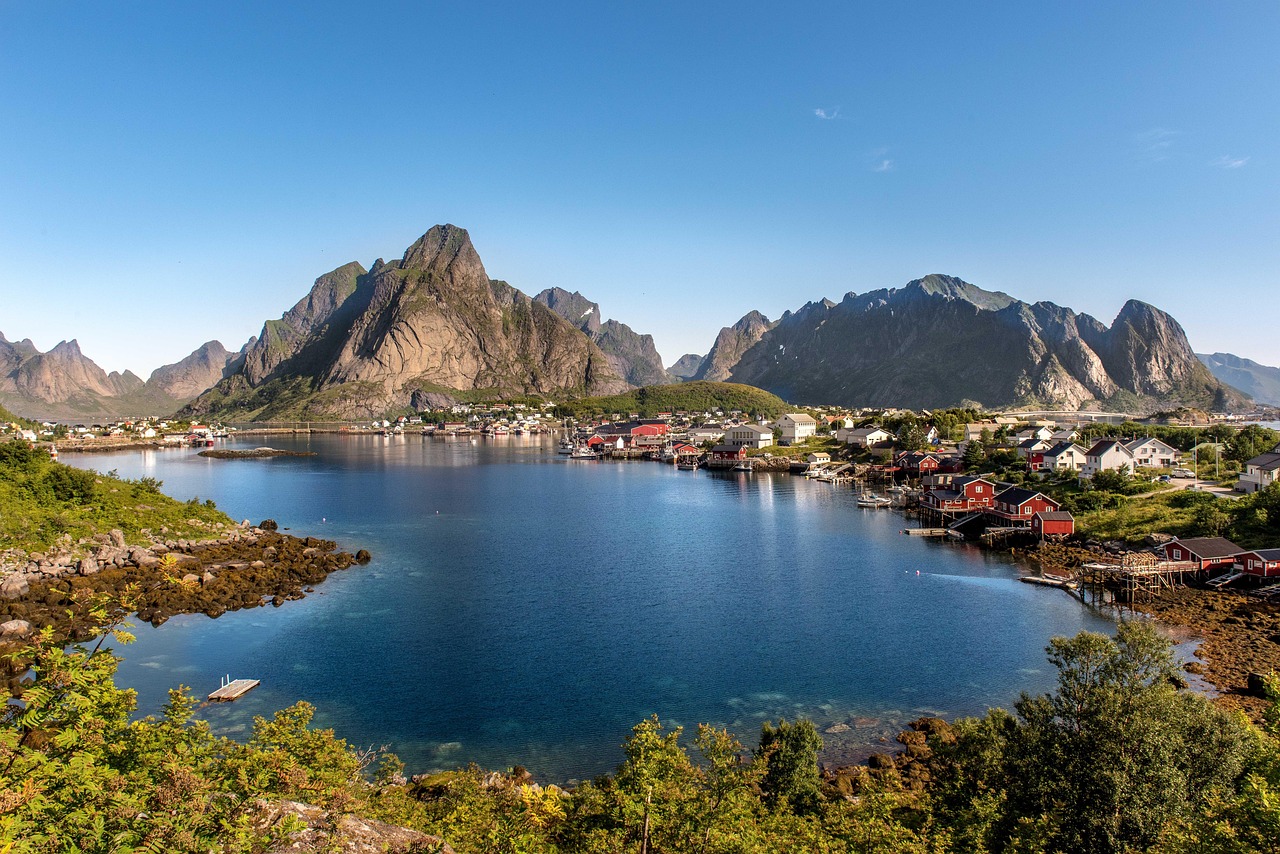
La Gomera, Canary Islands (Spain)
A world apart from its tourist-heavy neighbors, La Gomera offers green canyons, mists, and ancient trails. Climbing into Garajonay National Park, a UNESCO biosphere reserve, you’ll lose your signal and find serenity. Here, you can walk historic paths, practice yoga on a cliffside, or stay in a quiet eco-finca.
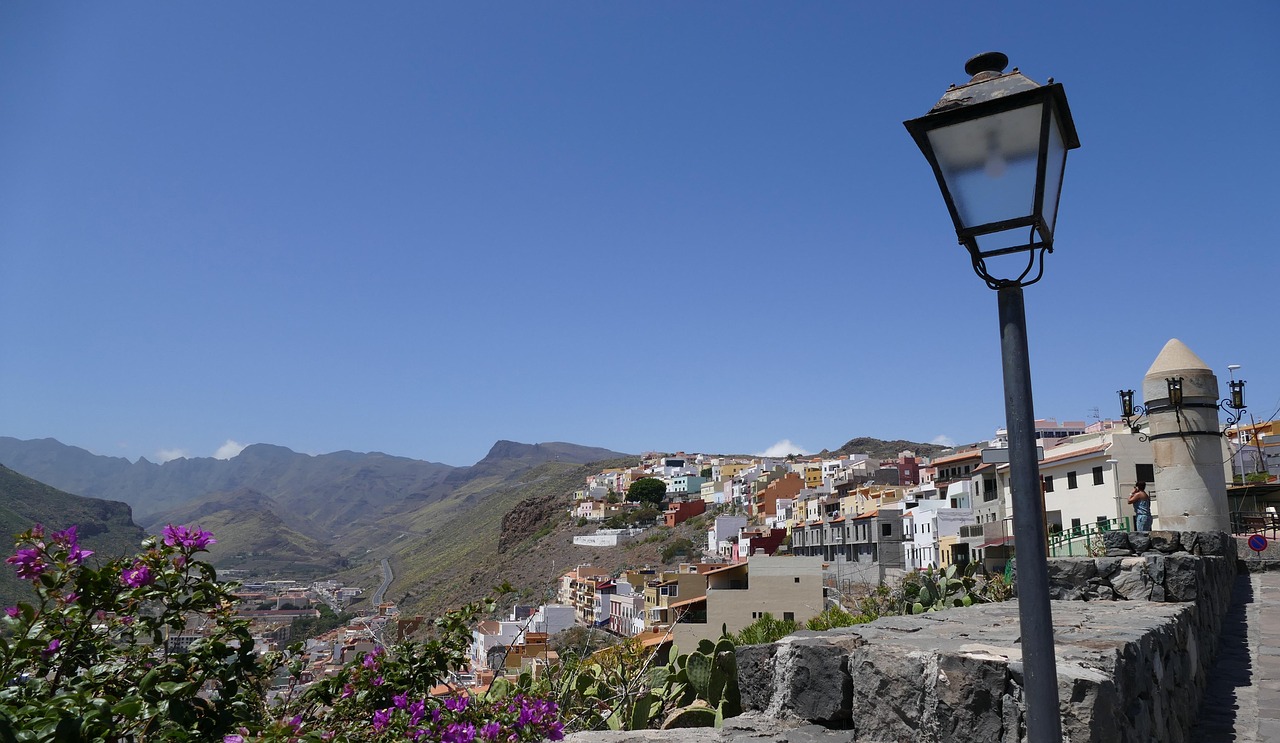
Julian Alps, Slovenia
In Slovenia’s Julian Alps, wilderness stretches as far as the eye can see. Kranjska Gora and Bovec are gateways to hikes, icy rivers, and remote huts where phones stay silent. There’s magic in alpine lakes and candlelit journaling far from the modern rush.
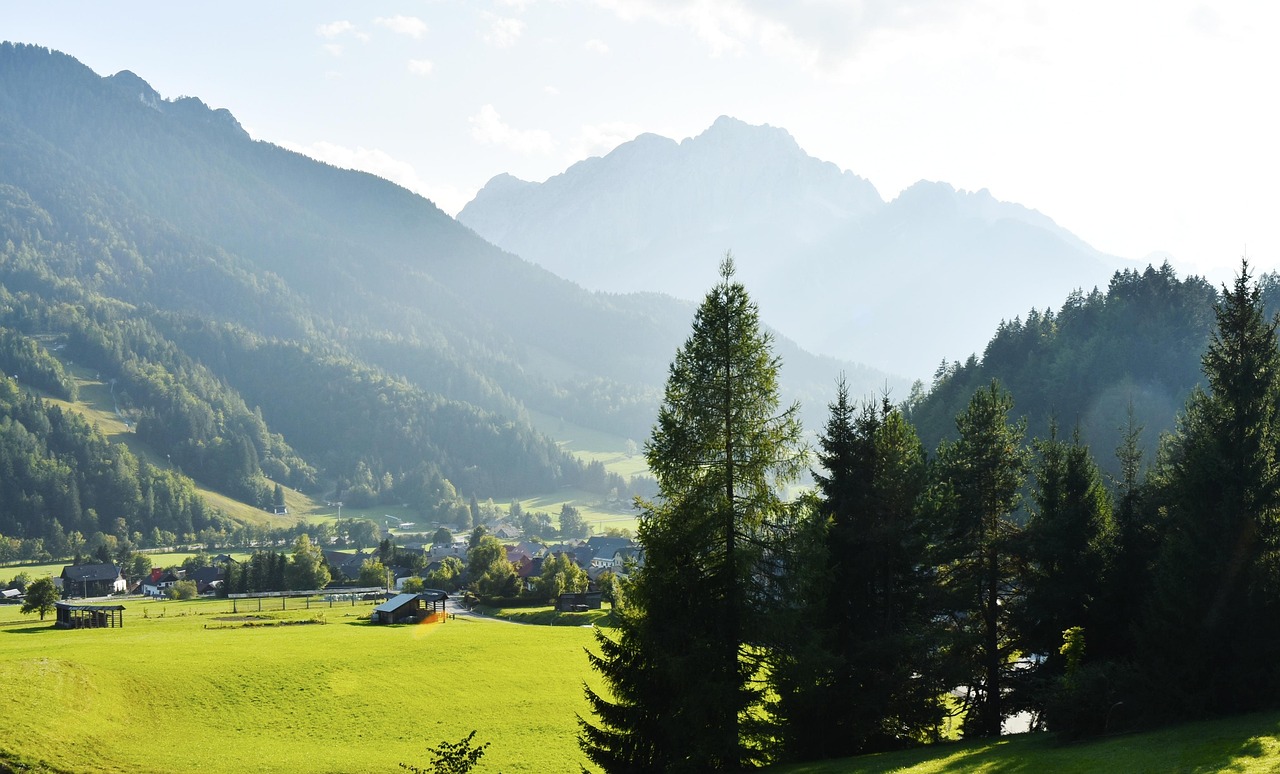
Faroe Islands, Denmark
These North Atlantic islands are made of fog, cliffs, waterfalls, and sheep. Signal is scarce in many villages, but connection to nature is everywhere. Wander coastal paths, take ferry rides, and learn about Viking traditions while the world online fades away.
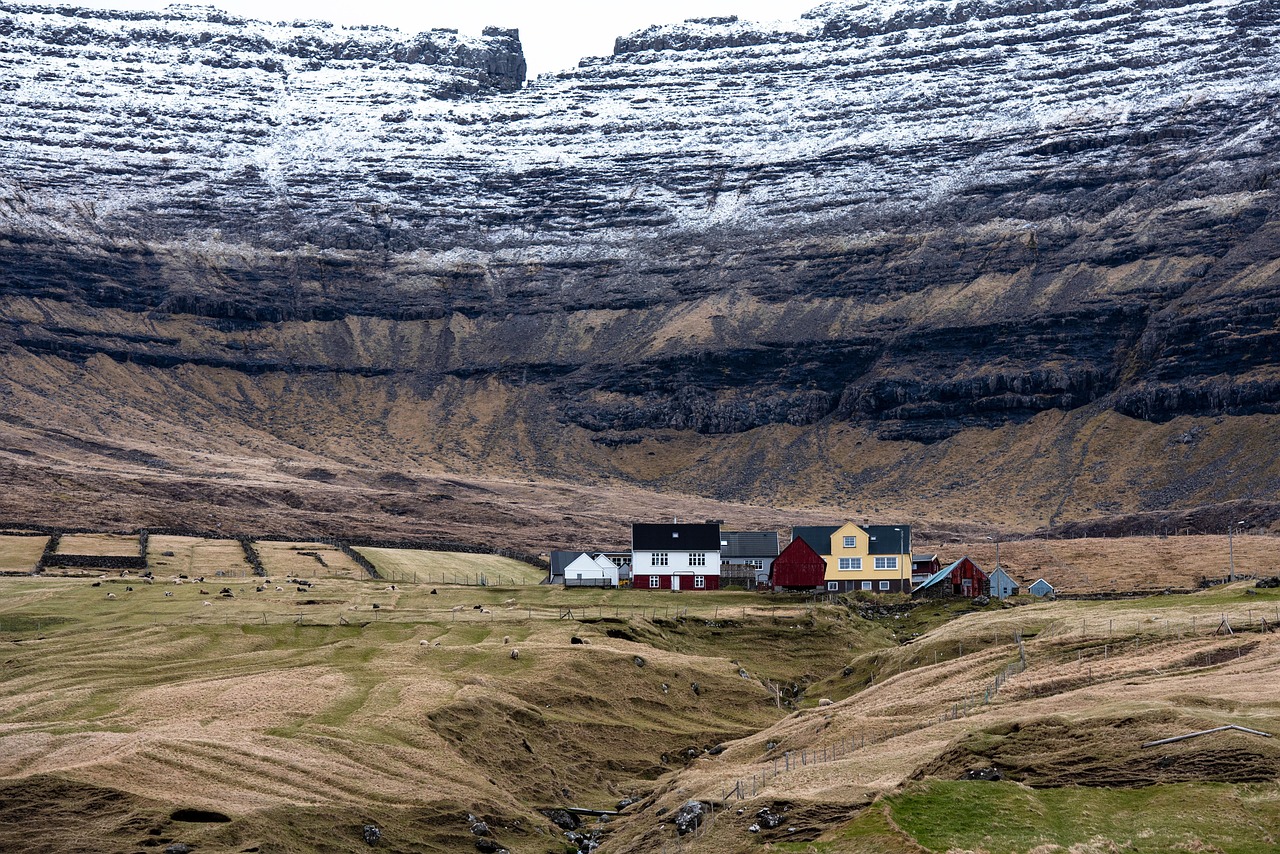
Abruzzo, Italy
Where Tuscany draws crowds, Abruzzo remains a secret. Medieval towns, mountain parks, and quiet trails make it easy to unplug. In Gran Sasso National Park, mobile coverage disappears, leaving space for stargazing, wine sipping, and pure stillness.
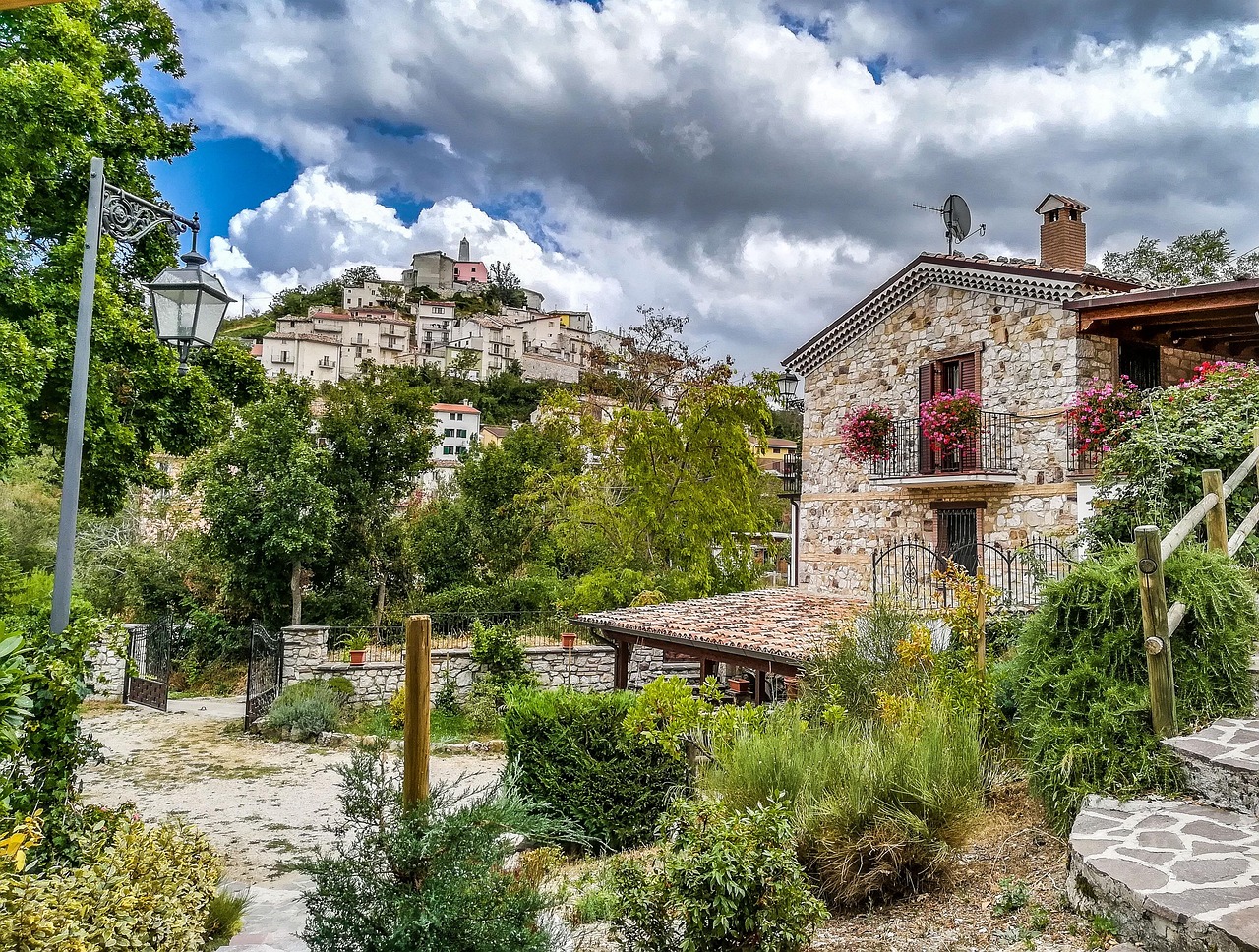
Isle of Eigg, Scotland
This tiny island runs on eco-power and intention. With no bridge and minimal mobile coverage, distractions fall away. Days here are filled with fossil beaches, tidal walks, and cozy reading by the rain’s rhythm.
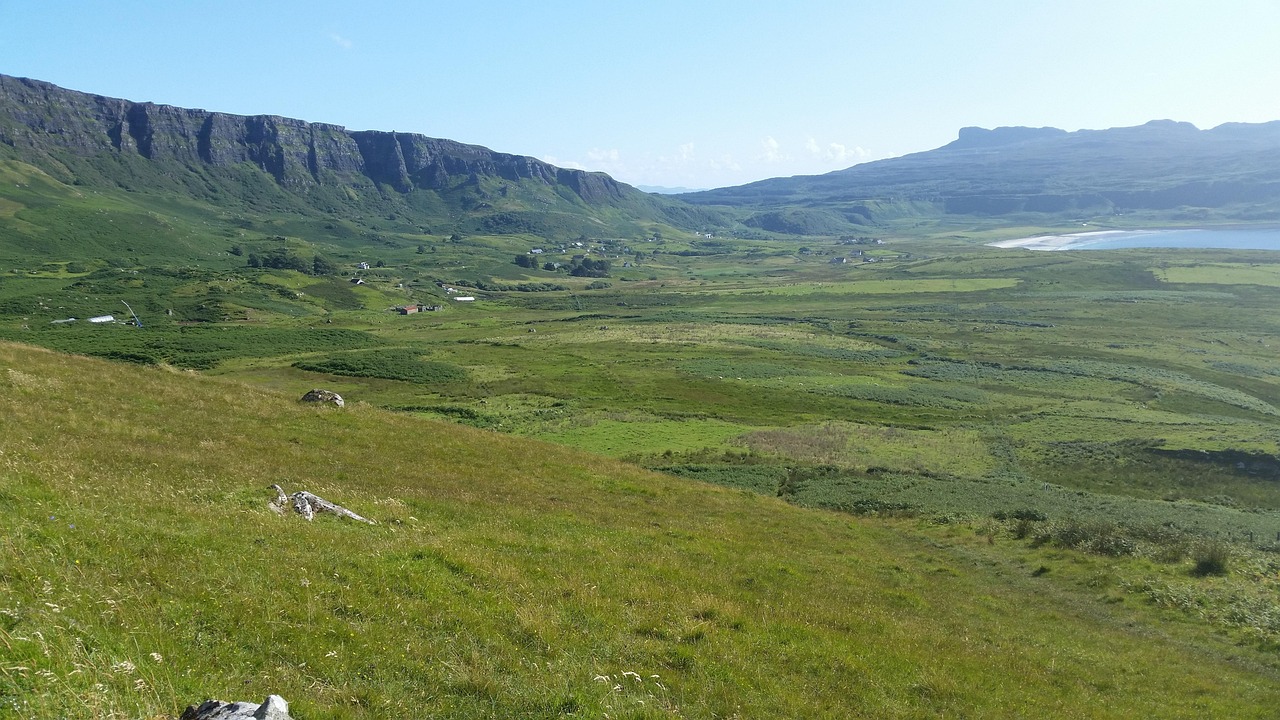
Carpathian Mountains, Romania
Vast and untamed, the Carpathians offer a step back in time. In Magura and Pestera, haystacks replace cell towers. Sleep in shepherd cottages, make plum jam, and explore misty forests with local guides.
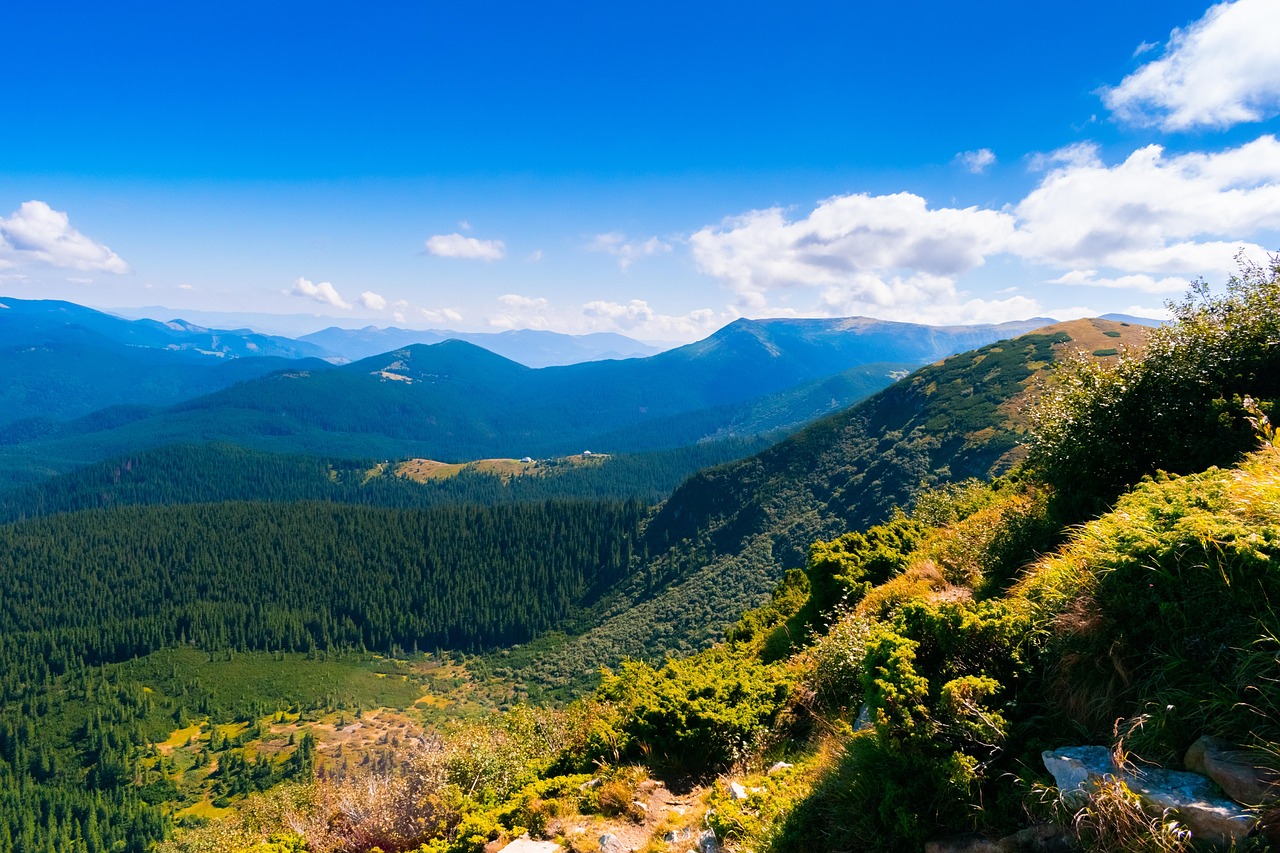
Tilos Island, Greece
A quiet corner of the Dodecanese, Tilos has empty beaches and slow taverna evenings. Wi-Fi is optional at best, and the beauty is always on display. Swim in coves, chat with locals, and watch goats on cliffs.
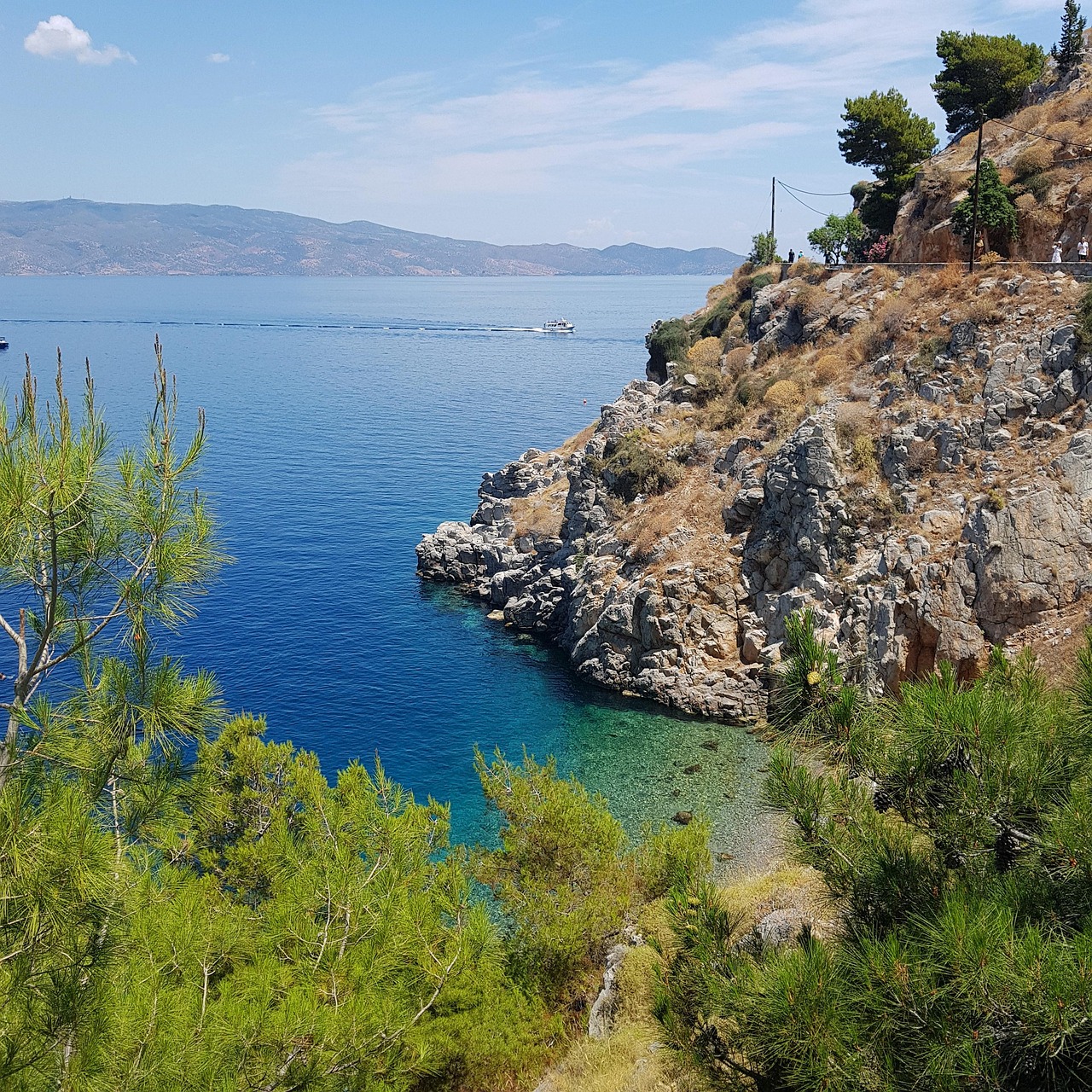
Sámi Territories, Swedish Lapland
Above the Arctic Circle, reindeer outnumber people and life follows nature’s clock. Stay in a lavvu tent, join a reindeer migration, and hear ancient joik songs beneath the stars.
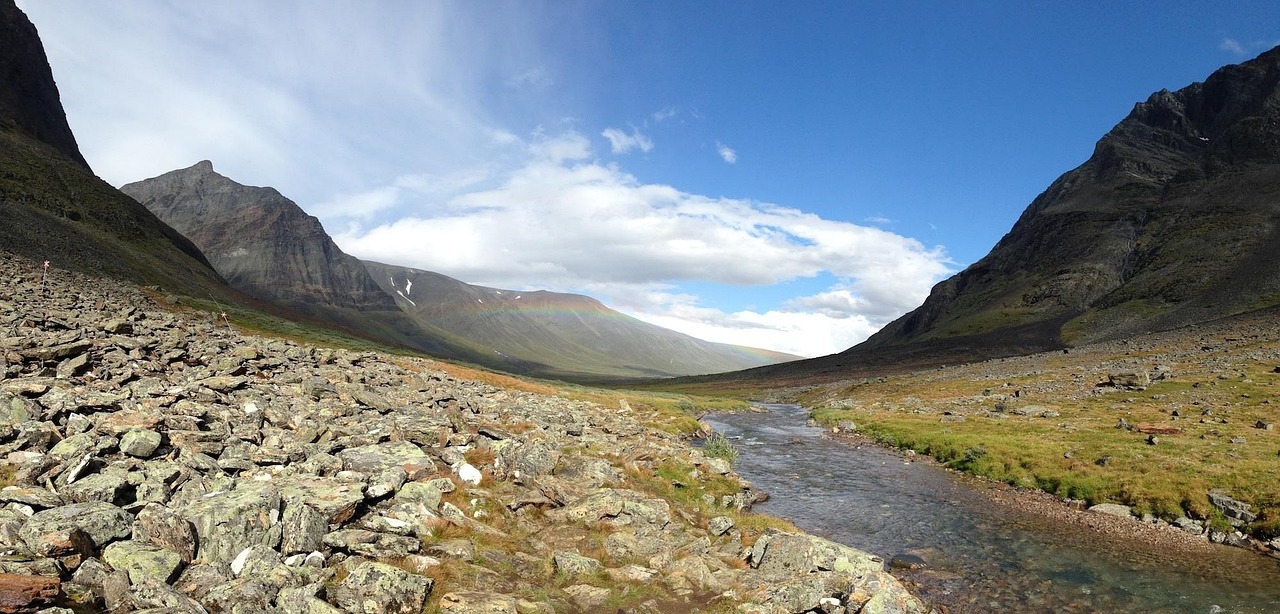
Choosing the Right Digital Detox Destination for You
Not all unplugged destinations suit every traveler. Some people thrive in remote wilderness, while others prefer the quiet charm of a small village. When choosing your destination, think about your comfort level with isolation, access to basic amenities, and the kind of activities that bring you joy. If you love hiking, the Carpathians or Julian Alps might call to you. If you seek slow days and warm hospitality, Abruzzo or Tilos could be perfect. The key is to find a place where stepping away from devices feels natural and nourishing.
What Happens When You Disconnect?
When you disconnect, you might be surprised by what happens. Without constant pings and notifications, your focus sharpens, your sleep improves, and your mood lifts. Studies show digital detox participants report better memory, clearer thinking, and deeper relaxation. You’ll have time to enjoy real moments, whether that’s a quiet hike, a long meal, or meaningful conversation.
How to Plan a Digital Detox Trip
Planning a digital detox trip takes intention, but it’s easier than you might think. Here’s a quick checklist to help you prepare:
- Tell friends, family, or colleagues in advance that you’ll be offline so they know what to expect
- Set your phone to airplane mode even if signal is available, just to remove temptation
- Pack books, sketchpads, puzzles, or a travel journal to fill the quiet moments
- Leave your laptop at home unless it’s absolutely necessary
- Delete or hide social media apps for the trip, making it harder to fall into old habits
- Avoid over-planning, let your schedule breathe and embrace unstructured time
With these steps, you can set yourself up for a truly refreshing break.
The Science Behind Digital Overload
To truly appreciate the value of a digital detox, it helps to understand what constant connectivity does to the brain and body. Research shows that excessive screen time can lead to increased stress, poor sleep quality, and reduced attention span. The human brain wasn’t designed for the endless barrage of notifications, emails, and social media updates that define modern life. Each ping triggers a small release of dopamine, the same chemical linked to addiction, making it harder and harder to put devices down.
In fact, studies from leading universities have found that people who spend more than four hours a day on their phones report higher levels of anxiety and depression. The blue light from screens can also disrupt natural sleep cycles, leading to fatigue and irritability. And it’s not just mental health that suffers. Digital overload has been linked to physical issues like eye strain, headaches, and even neck and back pain.
A digital detox offers your brain a chance to reset. Without constant digital input, stress levels drop, sleep improves, and focus returns. People often report feeling more present and content, with a deeper appreciation for simple pleasures like conversation, nature, and quiet moments. Understanding the science behind digital overload can make the choice to unplug feel not just refreshing, but essential.
Local Culture
One of the unexpected joys of a digital detox trip is how it opens the door to deeper cultural connections. Without screens as a barrier, you notice more, from the rhythm of daily life in a mountain village to the quiet rituals of a coastal community. In places like Abruzzo or the Faroe Islands, this might mean joining in a local festival, learning a traditional craft, or sharing a slow meal with your hosts. Many travelers say these moments become the most treasured part of their journey. Conversations flow more easily without distractions, and you find yourself truly listening, observing, and participating.
You might learn how to bake traditional bread in a wood-fired oven, harvest herbs for local remedies, or dance at a town celebration that few outsiders ever see. The absence of technology makes room for presence, and that presence leads to authentic connection.
Sustainable Travel
Digital detox destinations often align with sustainable travel. Small, off-the-grid places tend to have a lighter footprint and a deeper respect for nature. When you choose these places, you’re supporting communities that value conservation and slow tourism. Think locally owned guesthouses, eco-lodges powered by renewable energy, or tours led by guides who know the land. Your choice to unplug can also be a choice to travel responsibly.
For example, in the Julian Alps, many guesthouses follow green practices, using solar power, locally sourced food, and minimal waste systems. On the Isle of Eigg, renewable energy powers the island, and visitors are encouraged to leave no trace. By unplugging, you contribute to protecting these fragile places for future travelers.
How to Stay Unplugged After Your Trip
The benefits of a digital detox don’t have to end when your trip does. Travelers often find they want to bring a bit of that calm back home. You can set boundaries around screen time, create device-free zones in your home, or plan regular unplugged weekends. Many people also start new hobbies they discovered on their trip, like journaling, sketching, or hiking, simple ways to stay present in daily life.
You could also explore mindfulness practices such as meditation or yoga, or join local groups focused on nature walks or art. Another tip is to keep certain habits from your trip, like turning off devices during meals or before bedtime. These small changes can help extend the peace you found while traveling.
Myths and Realities
Many people worry that unplugging will feel isolating or boring, but the reality is often the opposite. A digital detox frees up mental space and time, creating room for deeper experiences. The fear of missing out usually fades after a day or two, replaced by a sense of freedom. Another myth is that you have to go somewhere extreme or remote to disconnect, but even a weekend in a cabin or countryside inn can provide the break you need.
Digital detox isn’t about rejecting technology forever, it’s about finding balance and making conscious choices about how and when to be connected.
The beauty of a digital detox is that it reminds us what travel is really about, connection, wonder, and presence. Whether you choose Norway’s wild coasts, Italy’s quiet hills, or a tiny Scottish isle, the real destination is clarity. The noise fades, the pressure lifts, and you get to experience life unfiltered.
So, where will you go to unplug? Wherever it is, may the signal be weak, the stars bright, and your mind at ease.




